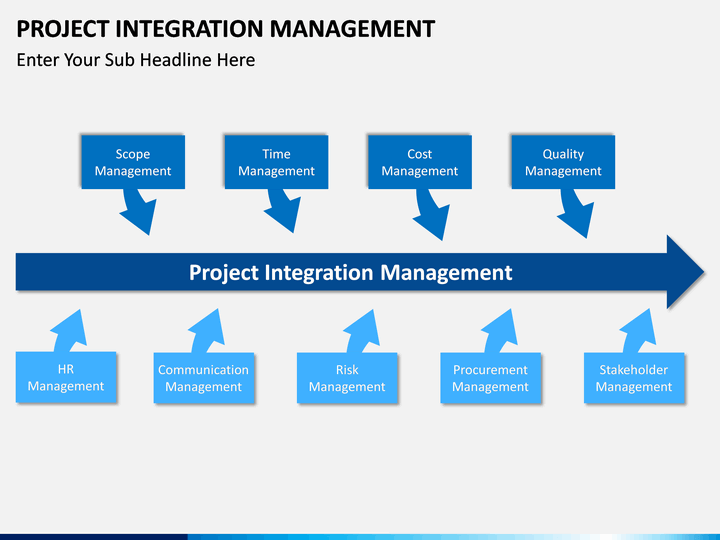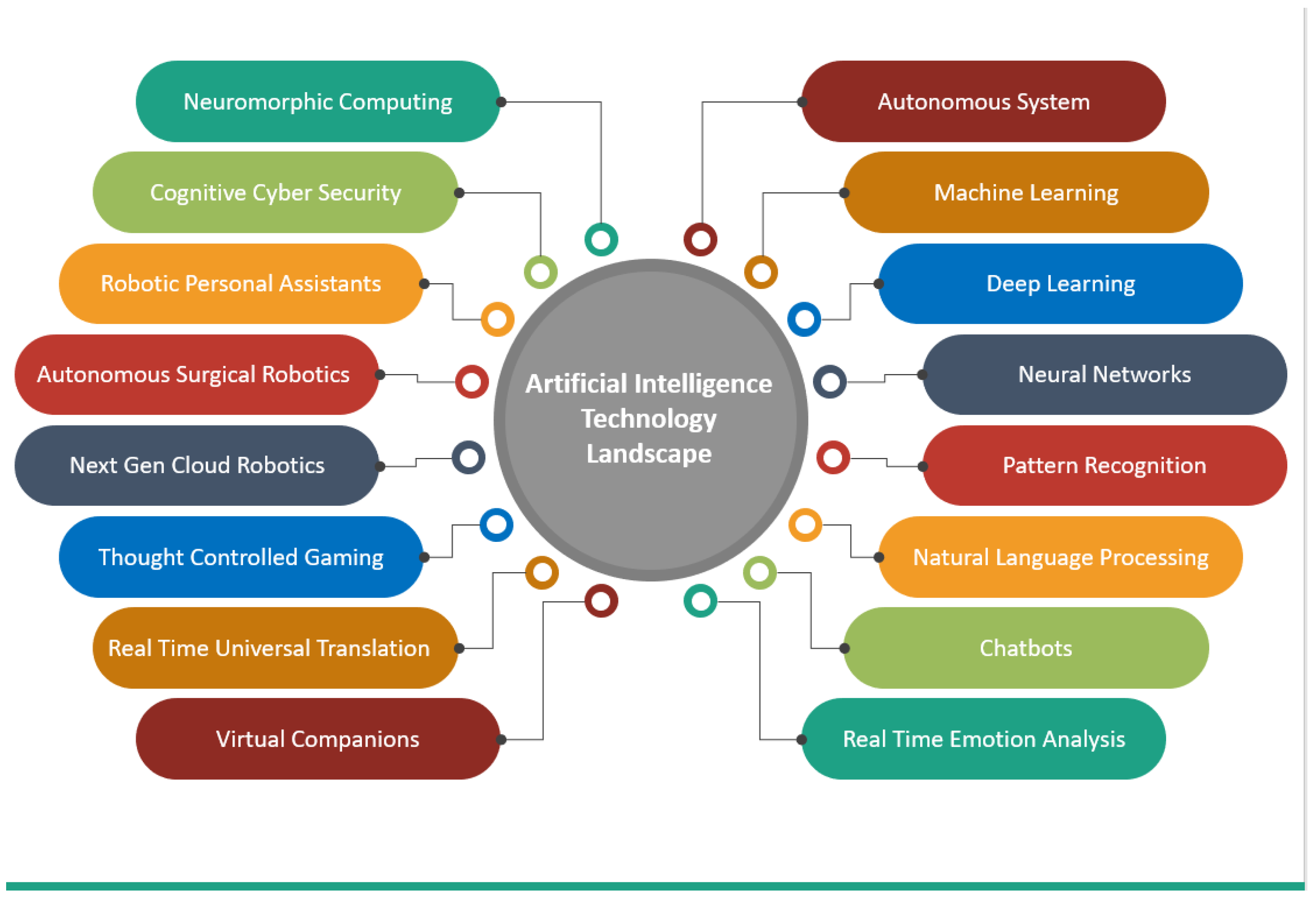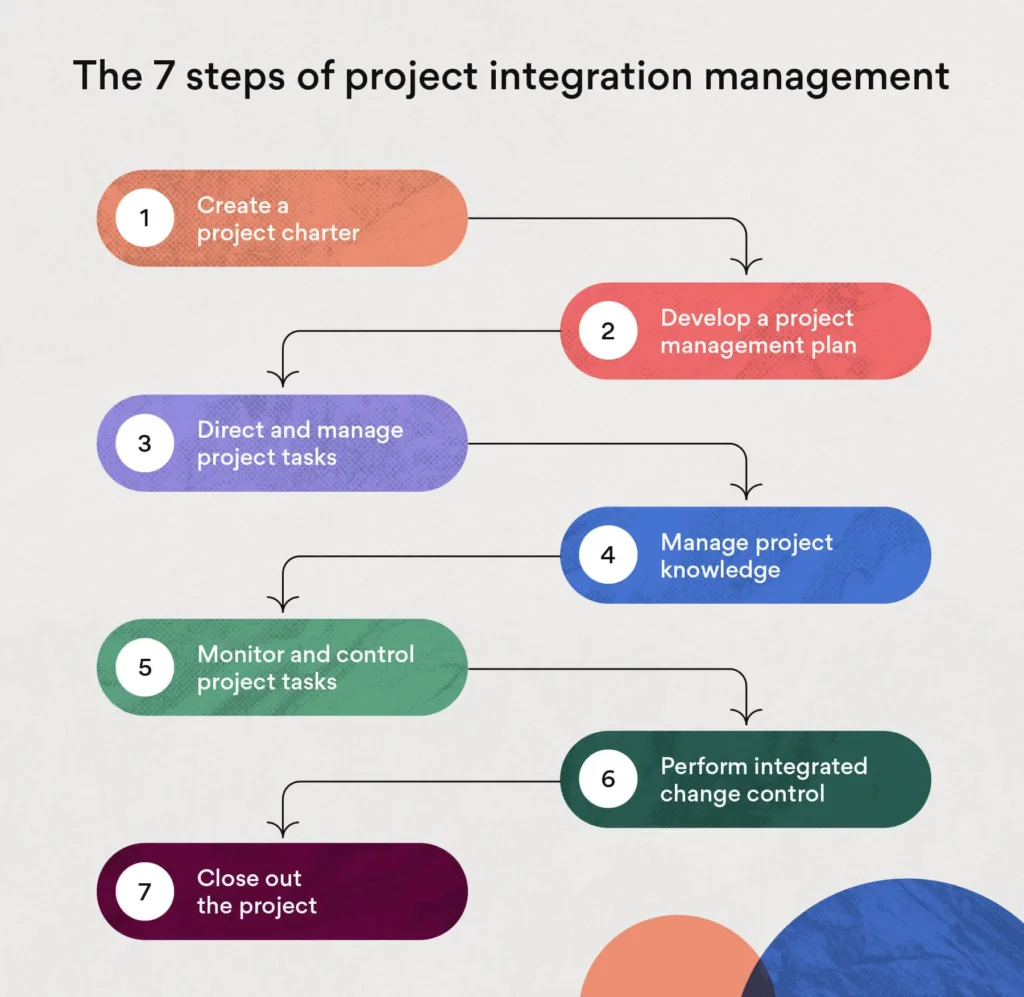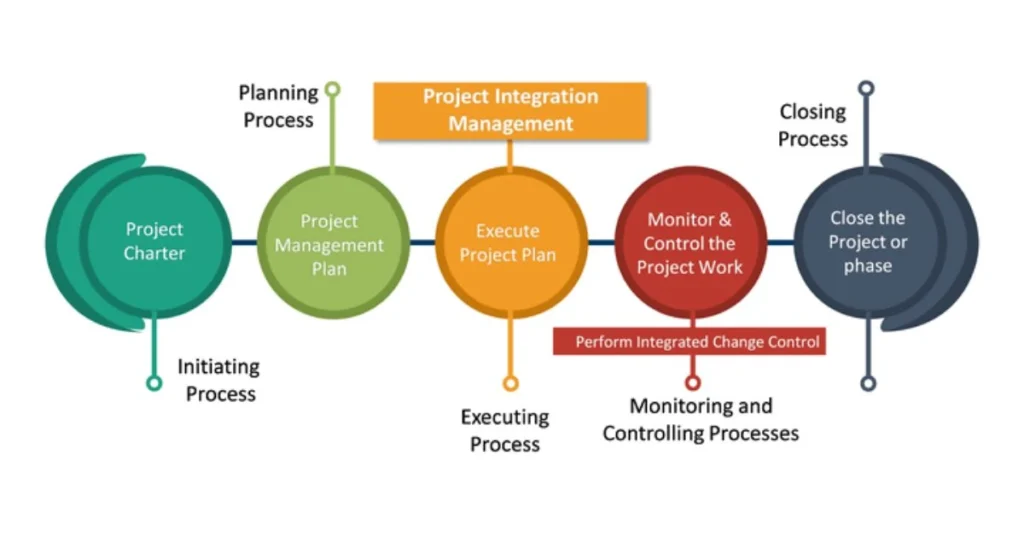Are you keeping up with the latest trends in project integration management? As projects become more complex, staying ahead of the curve is essential.
Imagine having the tools and practices that could streamline your processes, enhance collaboration, and drive success like never before. You’re about to explore the current trends and emerging practices that are transforming the landscape of project integration management. This isn’t just about keeping up—it’s about gaining a competitive edge that can propel your projects to new heights.
Dive in and discover how you can harness these advancements to optimize your strategies and achieve remarkable results.

Credit: www.yandex.com
Emerging Technologies
Emerging technologies are reshaping project integration management. They offer new tools and techniques. These technologies streamline processes and improve efficiency. Project managers can now harness these advancements to enhance outcomes. Let’s explore some key emerging technologies in project integration management.
Ai And Machine Learning
AI aids in predictive analysis. It forecasts project risks and timelines. This helps in proactive decision-making. Machine learning improves resource allocation. It analyzes data patterns for optimal use. These technologies bring automation to routine tasks. Reducing manual effort and increasing accuracy.
Blockchain Applications
Blockchain ensures data security and transparency. It tracks transactions within projects. This builds trust among stakeholders. Contracts can be automated using smart contracts. Ensuring compliance without human intervention. Blockchain reduces fraud and enhances accountability. Streamlining project operations.
Cloud-based Solutions
Cloud solutions offer easy access to project data. Teams collaborate in real-time from anywhere. This flexibility boosts productivity. Data storage in the cloud reduces costs. It eliminates the need for physical infrastructure. Security measures protect sensitive information. Ensuring safe and efficient data management.

Credit: www.mdpi.com
Agile And Hybrid Approaches
In today’s dynamic business environment, Agile and Hybrid Approaches are reshaping project integration management. These methodologies offer flexibility and adaptability. They help teams deliver successful projects in evolving scenarios. Let’s explore the current trends in Agile and Hybrid Approaches.
Agile Methodologies
Agile methodologies emphasize iterative progress. They break projects into manageable segments called sprints. Each sprint focuses on specific tasks and goals. This approach encourages regular feedback and quick adjustments. Teams adapt to changes efficiently, improving project outcomes.
Agile fosters collaboration and transparency. Team members communicate openly, sharing insights and updates. This ensures everyone stays aligned with project objectives. Agile also promotes continuous improvement. Teams review their processes regularly, identifying areas for enhancement.
Hybrid Project Management Models
Hybrid models combine Agile with traditional methods. This blend caters to diverse project needs. Projects benefit from both structured planning and flexibility. Hybrid models balance detailed documentation with adaptive execution.
These models suit complex projects with varied requirements. Teams can leverage the strengths of both approaches. They plan meticulously while remaining open to changes. This ensures robust project integration management.
Hybrid models enhance stakeholder engagement. They provide transparency and clarity throughout the project lifecycle. Stakeholders receive timely updates and can provide input. This fosters trust and alignment with project goals.
Collaborative Tools
Project integration management is evolving rapidly, with collaborative tools playing a pivotal role in ensuring teams work more efficiently and effectively. These tools are transforming the way projects are managed, making it easier for team members to communicate, share ideas, and track progress. Embracing these technologies can dramatically improve project outcomes, fostering a culture of openness and innovation.
Virtual Collaboration Platforms
Virtual collaboration platforms have become essential for project teams. These tools facilitate seamless communication, regardless of where team members are located. Platforms like Slack, Microsoft Teams, and Zoom enable instant messaging, video conferencing, and file sharing, making it easier to keep everyone on the same page.
Imagine being able to jump on a quick video call to resolve a pressing issue, or share a document instantly with your colleague in another country. These platforms break down geographical barriers, ensuring that collaboration is not hindered by distance. Have you considered how much time you could save by using these tools effectively?
Real-time Data Sharing
Real-time data sharing is another crucial trend. Tools like Google Sheets and Trello allow for instant updates and visibility across the project team. With everyone accessing the same data simultaneously, it’s easier to make informed decisions quickly and efficiently.
Think about how frustrating it can be waiting for updates from different team members. Real-time data sharing eliminates these bottlenecks, providing immediate access to the latest information. How often have you encountered delays due to outdated data? These tools can help you overcome those challenges.
By integrating collaborative tools into your project management practices, you not only enhance communication but also foster a more dynamic and responsive team environment. As you consider these trends, how will you leverage collaborative tools to drive your projects forward?
Sustainability Focus
In the evolving landscape of project management, sustainability is gaining traction. Businesses are integrating eco-friendly practices in project management. This shift aims to reduce environmental impact. It also seeks to promote social and economic benefits. Incorporating sustainability in project integration management is becoming essential.
Green Project Management
Green Project Management focuses on minimizing environmental harm. It involves using sustainable methods throughout the project lifecycle. Teams are encouraged to adopt energy-efficient technologies. They also aim to reduce waste in every project phase. Green project management promotes eco-friendly certifications. These certifications ensure that projects meet environmental standards.
Sustainable Resource Allocation
Sustainable Resource Allocation is about using resources wisely. It emphasizes the importance of renewable resources. This approach reduces dependency on non-renewable materials. Project managers plan resource use to minimize waste. They also focus on recycling and reusing materials. This practice supports a circular economy model.
Increased Stakeholder Engagement
Increased stakeholder engagement has transformed project integration management. Involving stakeholders early ensures better project alignment. It fosters trust and improves decision-making. Active participation reduces risks and enhances project outcomes. Engaging stakeholders also aligns project goals with organizational objectives.
Stakeholder Communication Strategies
Effective communication is key to stakeholder engagement. Clear, concise messages help stakeholders understand project goals. Regular updates keep everyone informed and aligned. Use multiple channels to reach diverse stakeholders. Emails, meetings, and reports ensure no one is left out. Personalize communication to address specific stakeholder needs.
Feedback Loop Enhancements
Gathering feedback improves project processes and outcomes. Regular feedback sessions keep projects on track. They also identify issues early. Encourage open dialogue with stakeholders. Use surveys or interviews to collect insights. Analyze feedback to make informed adjustments. This continuous loop enhances project success.

Credit: www.mdpi.com
Risk Management Innovations
In today’s rapidly evolving project landscape, risk management innovations are reshaping how project managers approach challenges. These innovations aim to predict potential issues and address them before they escalate. By leveraging technology and modern techniques, project integration management is becoming more efficient and resilient.
Predictive Analytics For Risk Assessment
Predictive analytics is transforming risk assessment by using data to forecast potential project pitfalls. Imagine having a crystal ball that alerts you to issues before they happen. With tools that analyze past project data, you can identify patterns and predict risks with greater accuracy.
Consider a project manager who used predictive analytics to assess risks in a construction project. By analyzing weather patterns and previous project timelines, they could anticipate delays and adjust the schedule proactively. This approach not only saved time but also reduced costs and stress for the entire team.
Are you leveraging data effectively in your projects? Embracing predictive analytics could be your game-changer in managing risks before they become problems.
Proactive Risk Mitigation Techniques
Proactive risk mitigation focuses on taking action before risks materialize. It’s about being one step ahead and minimizing potential damage. This approach requires a shift from reactive problem-solving to strategic planning.
Think of it like preparing for a storm. Instead of waiting for the rain to start, you secure your windows and clear your gutters. In project management, this could mean regular risk reviews and contingency planning.
One project manager shared how regularly updating risk assessments helped their team catch a vendor issue early. They quickly found an alternative, ensuring the project stayed on track. What proactive measures can you implement today to safeguard your project?
By integrating these innovative practices into your project management strategy, you can enhance your ability to handle risks effectively. The question is, are you ready to embrace these changes and lead your projects with confidence?
Data-driven Decision Making
Data-driven decision making is shaping project integration management. New trends include real-time data analytics and AI tools for better project alignment. Emerging practices focus on integrating diverse data sources to improve project outcomes.
In today’s fast-paced business world, data-driven decision making is reshaping project integration management. By leveraging data, project managers can make informed decisions that enhance project outcomes. This approach helps you understand complex projects better, leading to more efficient execution and successful delivery.
Big Data Integration
Big data integration is becoming crucial in project integration management. With the vast amount of data generated daily, managing and using this data effectively can improve decision-making processes.
Imagine working on a project where you have access to real-time data from various sources. This access allows you to adjust your strategies quickly and effectively.
Businesses are increasingly investing in systems that integrate data from different departments. This integration ensures all team members have the information they need, fostering collaboration and reducing misunderstandings.
Are you using all the data available to you? If not, consider integrating big data into your project management practices to enhance your decision-making.
Data Analytics Tools
Data analytics tools are transforming how project managers handle information. These tools analyze large datasets, providing insights that can guide your project decisions.
Consider using tools like Tableau or Power BI. These tools can help you visualize data, making it easier to spot trends and patterns.
Are you familiar with predictive analytics? It uses historical data to predict future outcomes, helping you anticipate challenges before they arise.
Leveraging these tools can significantly improve your project’s success rate. They make complex data more understandable, allowing you to focus on what truly matters.
Remote Project Management
Remote Project Management has become a vital part of how we manage projects today. With teams spread across different time zones, and the increasing demand for flexible work environments, mastering remote project management is essential. Are you ready to tackle the challenges and embrace the tools that can make your remote team thrive?
Challenges Of Remote Teams
Remote teams often face unique challenges that can hinder productivity and collaboration. Communication can become fragmented due to different time zones and cultural differences. Have you ever struggled to get everyone on the same page?
Building trust is another hurdle. Without face-to-face interaction, it can be tough to create strong team bonds. This can impact motivation and engagement. How do you ensure your team feels connected and valued?
Monitoring progress can be tricky too. When everyone works independently, it’s harder to track who is doing what. Are you finding it difficult to keep tabs on your team’s progress?
Tools For Remote Management
Fortunately, there are numerous tools designed to make remote project management easier. Communication platforms like Slack and Microsoft Teams allow for instant messaging and video calls. They help bridge the gap between team members, keeping everyone connected.
Project management software such as Trello and Asana provide a visual overview of tasks and deadlines. These tools let you assign tasks, set priorities, and track progress efficiently. Do you have a favorite tool that keeps your projects on track?
Time management tools like Toggl help you monitor how much time is spent on tasks. They offer insights into productivity and help identify areas for improvement. Have you considered using time management tools to boost efficiency?
Embracing remote project management means facing challenges head-on and leveraging the right tools. By addressing communication issues and using technology wisely, you can transform your remote team into a powerhouse of productivity. Are you ready to lead your remote team to success?
Frequently Asked Questions
What Are The Trends And Emerging Practices In Project Integration Management?
Project integration management trends include agile methodologies, AI tools, real-time collaboration, and data-driven decision-making. Emphasizing stakeholder engagement and sustainability practices is crucial. Enhanced project visibility through digital dashboards and automation streamlines processes. Adopting cloud technologies enables seamless integration across platforms, improving efficiency and adaptability in dynamic project environments.
What Are The Recent Trends In Project Management?
Recent trends in project management include agile methodologies, remote work, and AI integration. Emphasis on team collaboration and digital tools is increasing. Sustainability and diversity in project teams are gaining importance. Data-driven decision-making and continuous learning are also becoming crucial in modern project management practices.
Which Of The Following Is Included In Emerging Project Management Trends?
Emerging project management trends include agile methodologies, AI integration, remote collaboration tools, sustainability practices, and data-driven decision-making. These trends enhance efficiency, adaptability, and communication, ensuring successful project outcomes. Adopting these innovations helps teams stay competitive and responsive in a fast-evolving business environment.
Are Trends And Emerging Practices For Project Stakeholder Management Include But Are Not Limited To?
Trends and emerging practices in project stakeholder management include increased digital communication, real-time feedback tools, and enhanced collaboration platforms. Focus on stakeholder engagement through social media and virtual meetings is growing. Emphasizing transparency and adaptability in managing stakeholder expectations is crucial for successful project outcomes.
Conclusion
Project integration management is evolving with new trends. These trends improve project success. Teams now focus on seamless collaboration. Digital tools streamline processes efficiently. Adaptation to change is crucial for growth. Agile methods gain popularity for their flexibility. Continuous learning keeps project managers updated.
Stakeholders’ involvement ensures better outcomes. Emphasizing communication reduces conflicts. Technology plays a key role in integration. Stay informed about these trends. They help in navigating project challenges. Success lies in embracing these emerging practices. As project landscapes change, so must our approaches.
Stay ahead by integrating new practices wisely.

